Content warning: This article mentions mature themes such as suicide and depression, which may not be appropriate for younger audiences. If you or anyone you know needs mental health support, reach out to Teen Line by calling 852-8336 or texting “TEEN” to 839863 if you are a teenager, or call 988 for the National Suicide Prevention Hotline.
In recent years, the global conversation surrounding mental health and suicide prevention has gained critical urgency, particularly among adolescents. According to the World Health Organization, suicide is now the third leading cause of death among individuals aged 15-29. Each year, thousands of young lives are lost, leaving families and communities grappling with grief and unanswered questions. As a student-run publication, The Oracle feels compelled to address this issue directly and advocate for heightened awareness and proactive measures to prevent suicide.
The statistics from this past year are alarming. Nearly 20% of all high schoolers have seriously considered attempting suicide due to changes in their family dynamic, problems in school, and other losses. Strikingly, many Los Angeles private high schools have experienced such tragedies, and at times have faced up to three suicides per school year. These figures are not just numbers — they represent the lives of our friends, our classmates and our neighbors. It is crucial that we foster an environment where we have open dialogue about mental health and students feel comfortable seeking help.
How is Archer trying to counteract this problem? Are there members of our community who are focusing on this?
Archer recognizes the importance of mental well-being and has made significant strides in promoting a supportive culture. Spaces such as the Human Development class, the mentorship program and the counseling department have provided students with valuable resources and tools for navigating their mental health.
Archer’s counseling team plays an essential role in supporting students’ mental health, offering a safe space to discuss their emotions and receive advice in individual counseling sessions. The school has two licensed clinical social workers who are available to students each school day. School counselor Erica Greene said it is essential that the counseling office remains accessible for all students regardless of the circumstances.
“The counselors are available for conversation, support and problem-solving at any time, even when there is not a crisis,” Greene said. “There are also student mental health clubs that students can get involved in.”
According to the Trevor Project, LGBTQIA+ youth are four times more likely to attempt suicide than their heterosexual peers. This heightened vulnerability is compounded by societal pressures and discrimination, which can exacerbate mental health challenges. Similarly, students of color navigate unique mental health challenges that can be intensified by cultural stigmas. But despite this, are less likely to receive mental health care due to socioeconomic factors, a lack of culturally competent services and a fear of stigmatization within their communities.
Additionally, the trauma associated with systemic racism can contribute to higher rates of anxiety, depression and suicidal thoughts. Schools must implement culturally relevant and inclusive mental health programs that specifically address the needs of LGBTQIA+ students, alongside students from diverse racial and ethnic backgrounds. The more schools discuss mental health, the more comfortable students feel seeking out help.
When mental health services are accessible to all students, teens can seek help regardless of their identity. Along with many other Archer students, junior Tessa Moshtaghi works at Teen Line, a national teen help hotline based in Los Angeles. While Teen Line callers are anonymous, she and other volunteers uniquely tailor their guidance to accommodate diverse perspectives. She said her primary goal is to get to know the caller.
“Teen Line is not about giving advice,” Moshtaghi said. “The person just wants you to listen to them and make them feel heard and understood — that’s the most important thing.”
In addition to student-led mental health services, Greene said mental health education is integrated into Archer’s Human Development curriculum. She emphasized the importance of students in each grade receiving advice that aligns with their stage in middle and high school.
“This year, the counselors have met with all of the 10th grade mentorships about stress management and coping strategies,” Greene said. “We have also met with all of the 12th grade HD classes to discuss coping with college application stress.”
October 10 was National Mental Health Day, dedicated to raising awareness about various mental health issues. This year’s theme, Mental Health at Work, is particularly relevant. At Archer, when we work to embrace a mindset that values solidarity, we can make a meaningful impact. As a board, we strive to ensure that every reporter feels heard, valued and empowered to prioritize their mental well-being.
We are fortunate to attend a school with classes and services dedicated to mental health. It’s time for other schools to invest in these invaluable resources, too.





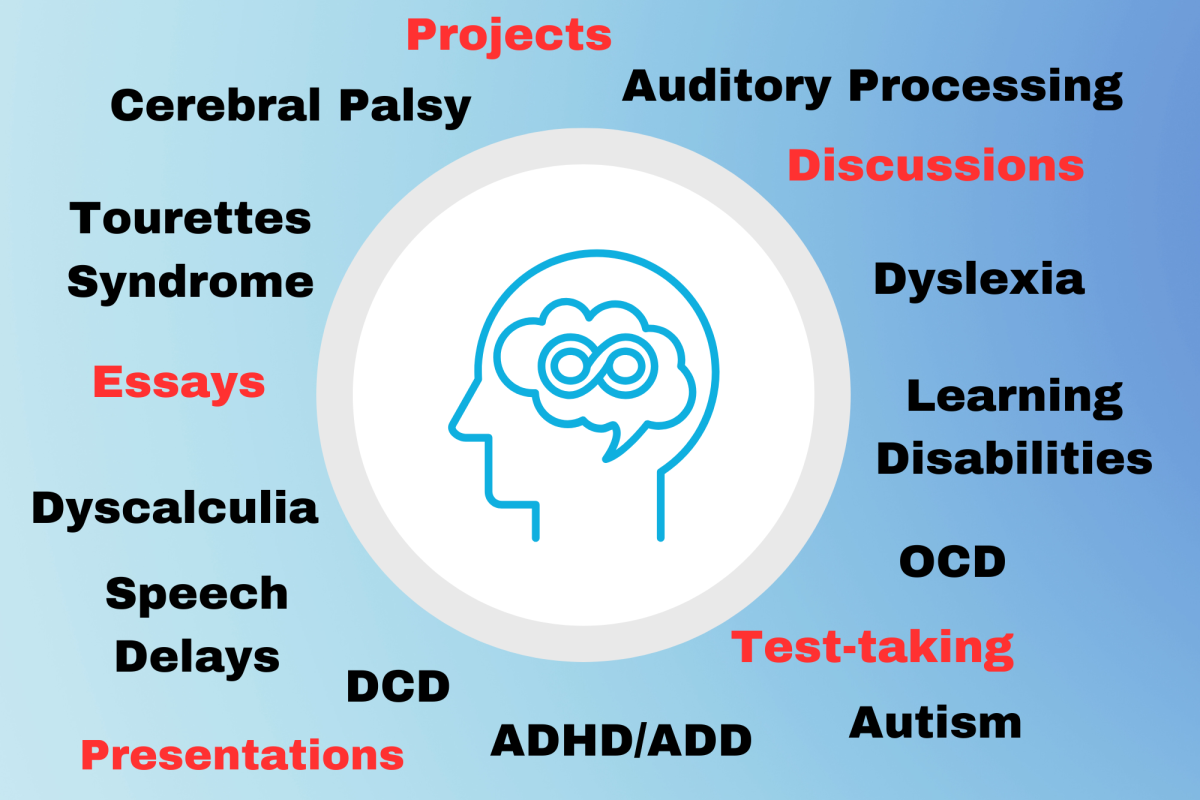
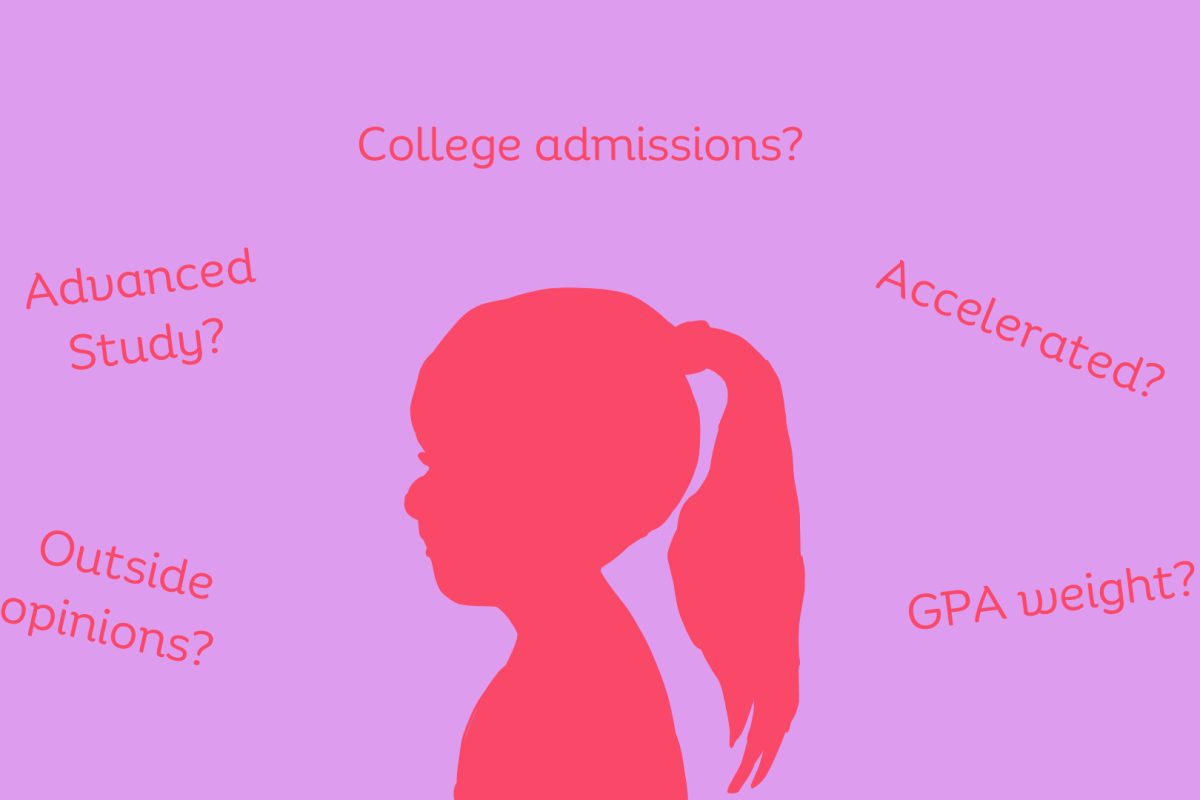



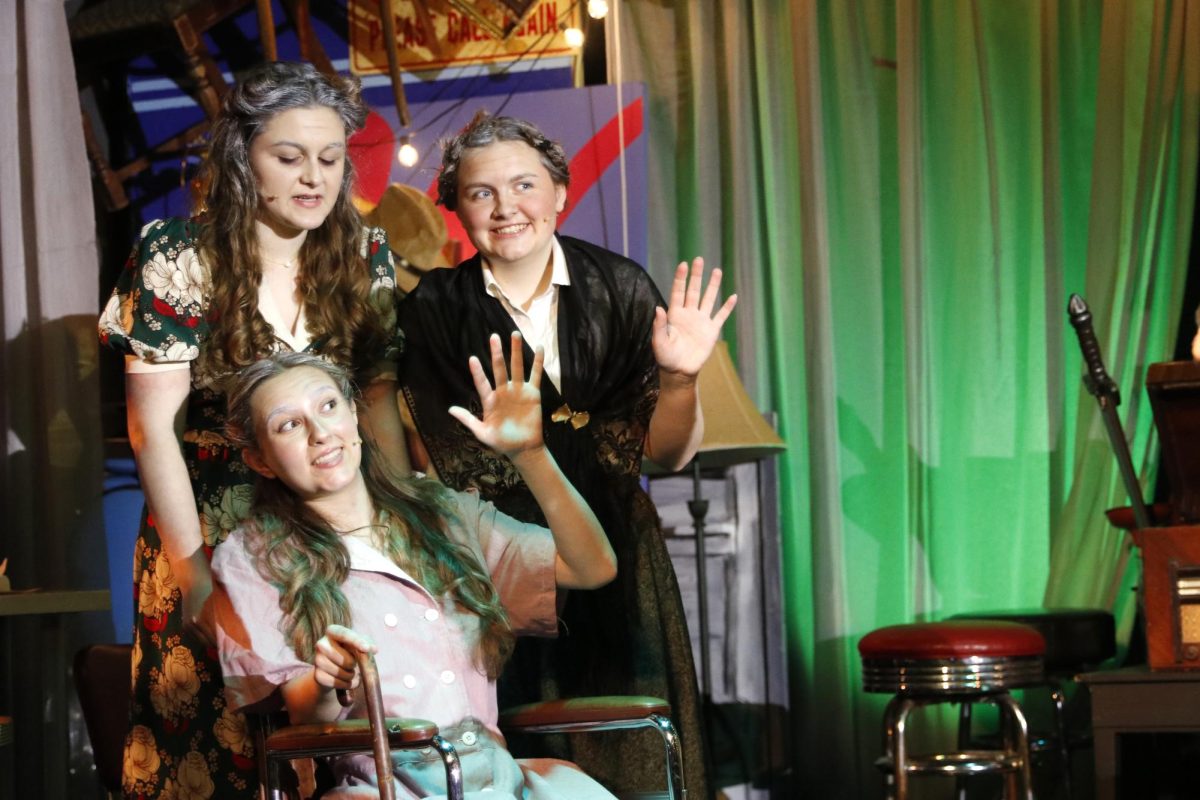

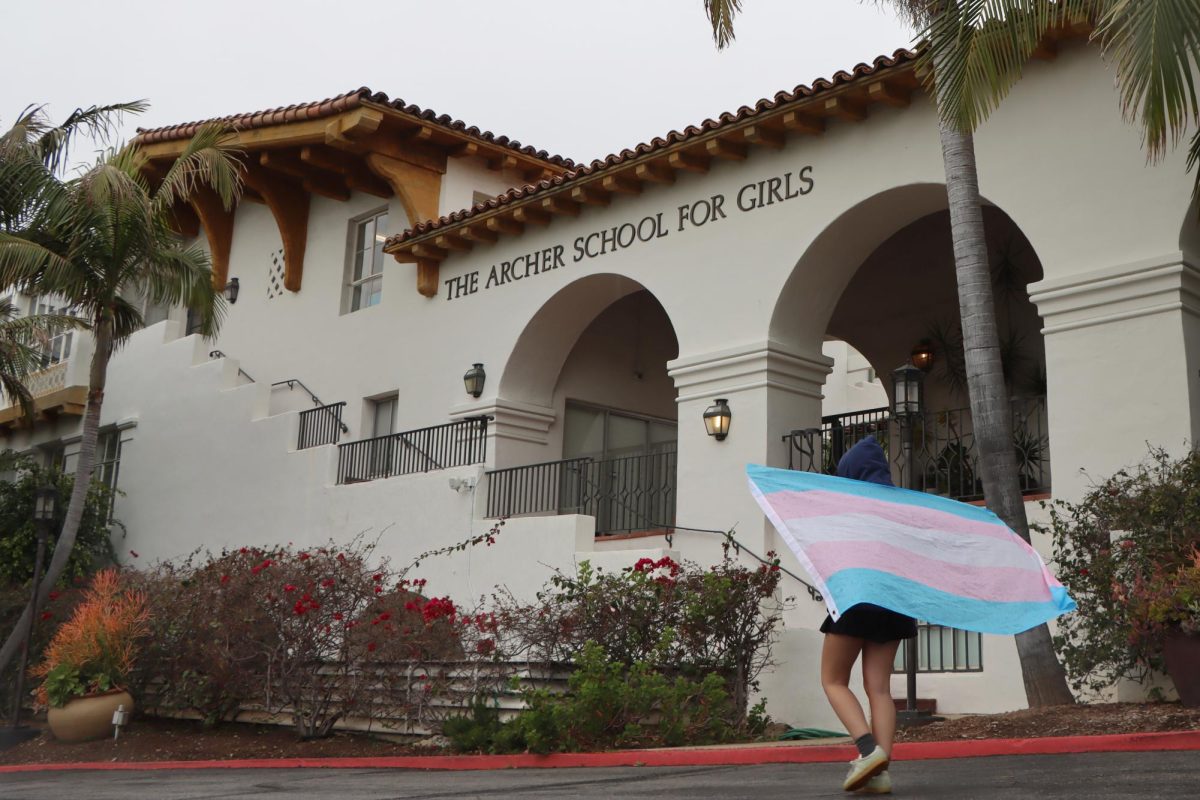


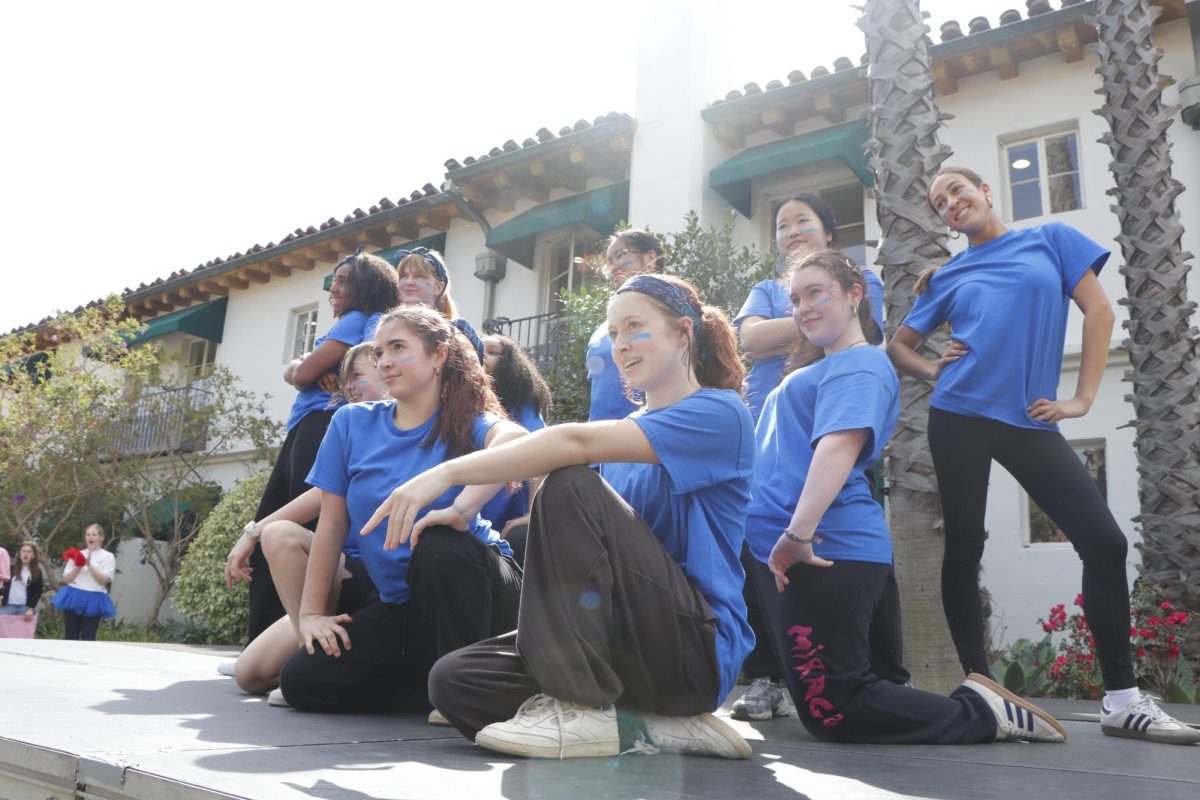

Marsha Tilles • Nov 4, 2024 at 1:57 pm
Such an important topic! Thank you to the Editorial Board for writing this piece and highlighting some of the ways Archer students can get help on and off campus.